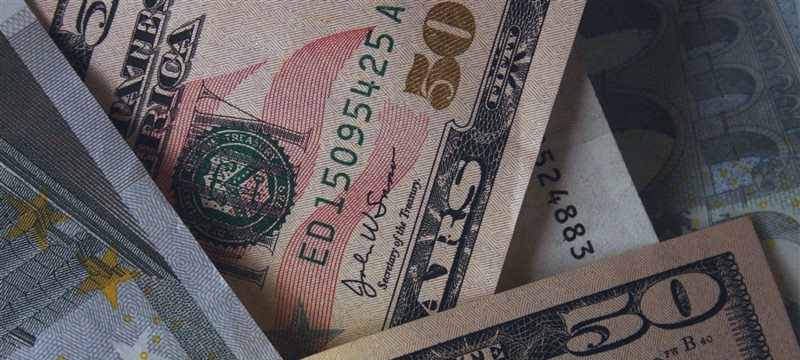
Dollar benefits from Greek worries, but aggressive rally unlikely, as data remains weak
Growing fears over Greece's future in the euro is putting the single currency under pressure meanwhile supporting the dollar. However, analysts consider that the rally will not be long-lasting as fundamental economic data remains weak.
Helped by Greek woes, the dollar index rose almost 0.5 percent on Monday to 97.35. Last week, that took the index within sight of a one-month high of 97.775.
The euro shed 0.32% on Monday as Athens missed a self-imposed Sunday deadline to reach a deal with its lenders to unlock financial aid, although German CPI data released Monday buoyed the single currency.
"We have moved from a situation where Greece really wasn't an issue and people were not pricing it in to now, where it is becoming an issue for the euro," Geoffrey Yu, a currency strategist at UBS, told CNBC.
"I wouldn't say the euro is going to correct
massively yet, because even under a negative scenario where Greece
missus a (debt) payment, Greece is largely quarantined and the risks are
not systemic."
There was a risk for the euro, however, that one event, such as Greece missing a debt payment, raises the prospect of another event - for instance, a debt default - which encourages investors to turn from the single currency to the safety of others, such as the dollar.
But analysts said that steep falls in the euro were unlikely, and
that the dollar was still far from parity with the euro, mainly because of a series of downbeat U.S. economic data that was keeping U.S. rate hike talk at bay for now.
"Parity talk could come back certainly, but looking at the U.S. data right now I'm quite happy that parity is not on our forecast table," Jane Foley, senior currency strategist at Rabobank, said.
Data on Friday showed U.S. gross domestic product
declined at a 0.7 percent annual rate in the first quarter of the year
compared with an initial estimate of 0.2 percent growth.
Separately, the University of Michigan's consumer sentiment for May marked a fall and the May Chicago Purchasing Manager's Index dropped unexpectedly.
"It's fairly obvious that Greece concerns are creating a lot of volatility. But we have the nonfarm payrolls report on Friday and that is going to convolute the story," Joley said.
Rabobank was sticking to its forecasts for the euro to fall to around $1.05 by year-end.


